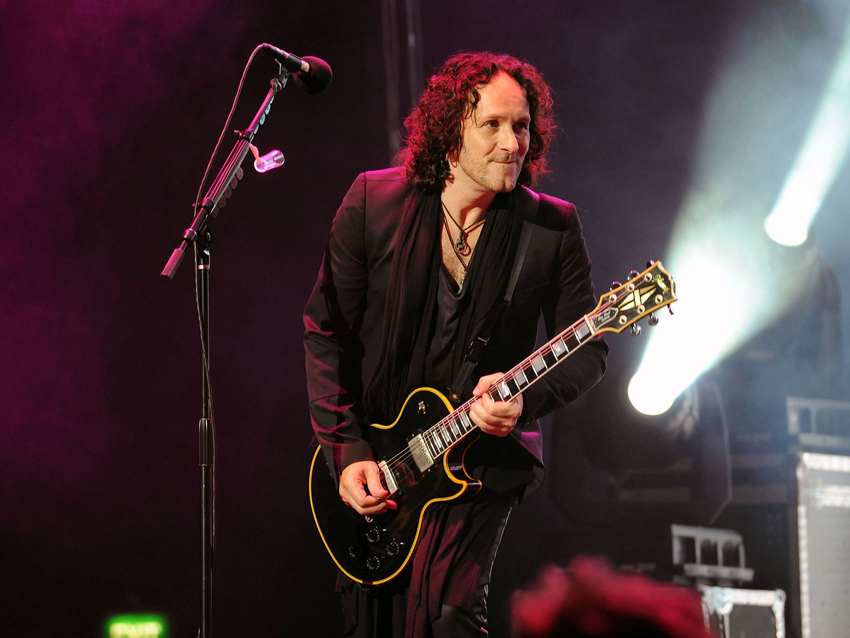
Vivian Campbell picks 10 essential guitar albums
Throughout his 30-year-career, Vivian Campbell has flirted with a few brands and models of guitars – a Charvel here, a B.C. Rich there, and even a Buddy Blaze custom at one point – but his workhorse axe has always been a Gibson Les Paul. "Most of the guitarists I grew up admiring and wanting to emulate seemed to play Les Pauls," he says. "Once you start playing one yourself, you get kind of hooked."
However, at some point during Def Leppard's co-headline summer tour with Kiss, set to run till the end of August, you just might see Campbell trading licks with fellow Lep guitarist Phil Collen on a brand-new custom Telecaster that Fender is making for him. As Campbell explains, his possible move to a Tele is necessitated more out of physical concerns than tonal considerations.
"I had back surgery in early April – I have a history of back trouble and bad sciatic nerve pain down my right leg that became really chronic over the last year," he says. "Some of my Les Pauls are really heavy, especially for doing a long show. Phil is with Fender/Jackson, and he generously talked to them for me. The guitar they’ve made for me is a very lightweight Telecaster, which should feel really good. I don't have the guitar yet, but I can't wait to try it out.”
Campbell admits that he thought the pairing of Def Leppard and Kiss seemed "a bit odd on paper at first," but he now acknowledges that a show packed with wall-to-wall hits by both bands is an unbeatable summer draw. "They've got their fans, we've got ours, and I think there's a lot of people who like us almost equally, so it's a win-win," he says. "And one thing I can say is, playing with Kiss makes us sort of knuckle down and really perform at our peak level. They literally fly through the air, there’s fireworks going off every three seconds, and they dress in outrageous costumes and wear the face paint. We can’t compete with that kind of production, so we just have to sing and play our best."
He pauses and then adds, "And in this day and age, a band that actually plays and sings has become a sort of rare commodity, so we've got that going for us."
For a full itinerary of Def Leppard's co-headline tour with Kiss, visit this link. On the following pages, Campbell lists and discusses his picks for 10 essential guitar albums.
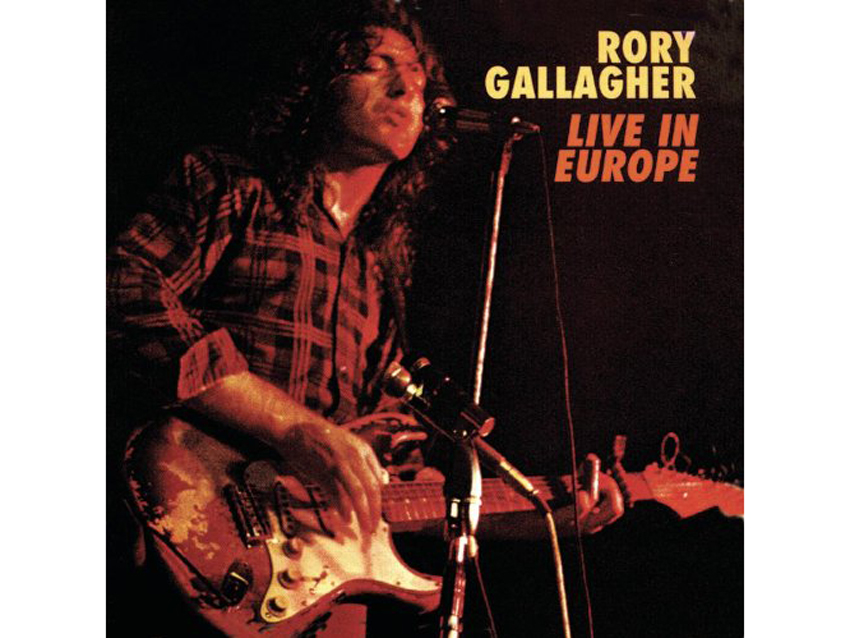
Rory Gallagher - Live In Europe (1972)
“This was the very first album I ever owned. My cousin gave it to me at Christmas as a present, which turned out to be one of the best presents I ever got. Rory became a huge guitar influence on me very quickly.
“The record made me want to gravitate towards lead guitar. Up till this point, I wanted to be more of a Marc Bolan-type of player. I liked the seductive sound of T. Rex and glam rock, and Bolan looked great with the big hair and the cool clothes. But Rory opened up my ears to the sound of the guitar as a lead instrument; he made me go, ‘OK, a guitar can do a lot more here. I see what this is all about.' He challenged me to really want to master the instrument.
“I was fortunate enough to go see Rory in concert in Belfast – I saw him several times in the ‘70s, in fact – and he was absolutely amazing.”
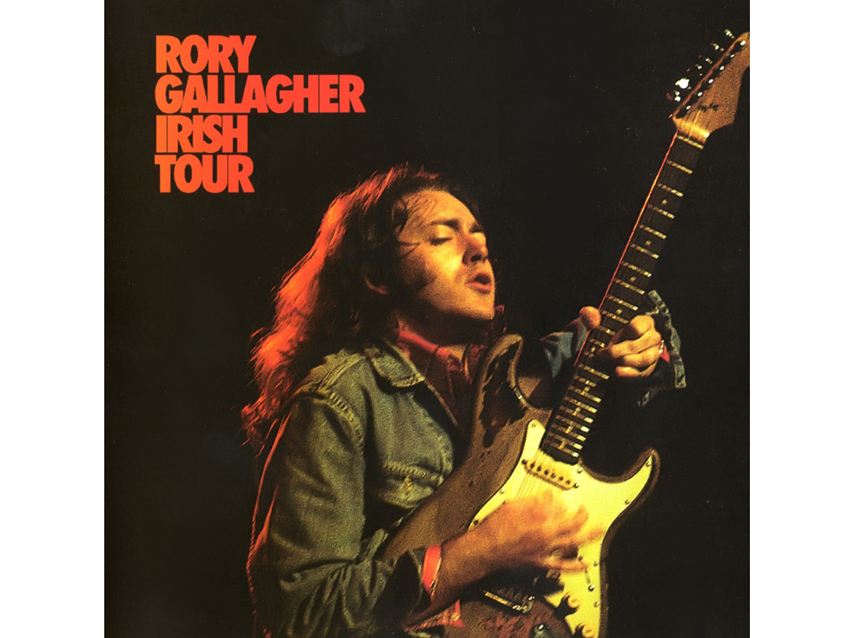
Rory Gallagher - Irish Tour (1974)
“This record came next. As great as Live In Europe was, I think this is an even better album. To me, it was a total affirmation that he was truly one of the greats.
“The record also meant a lot to me because I got to see Rory on this tour in Belfast, which was a marvelous experience. I was 12 years old and was a huge fan of his. I had already learned a lot from listening to Live In Europe, and this album gave me a lot more to work on.”
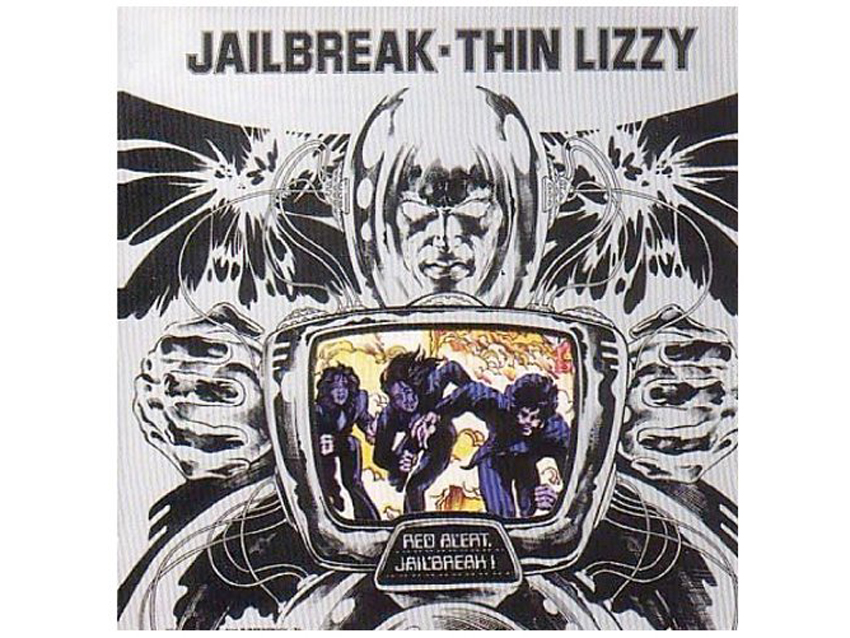
Thin Lizzy - Jailbreak (1976)
“I’d see Thin Lizzy play Whiskey In The Jar on TV a couple of years before this album, but when Jailbreak came out, I said, 'All right, this is truly a great band that I've got to follow.'
“They were originally a three piece and then went through massive lineup changes. The guitarist Eric Bell left and was replaced by Brian Robertson and Scott Gorham on guitar, both of whom became big influences on me.
“Their styles were similar in some ways, but I could always tell who was playing what, Brian or Scott. Jailbreak has so many classic Thin Lizzy songs. I took a lot from it, that’s for sure.”
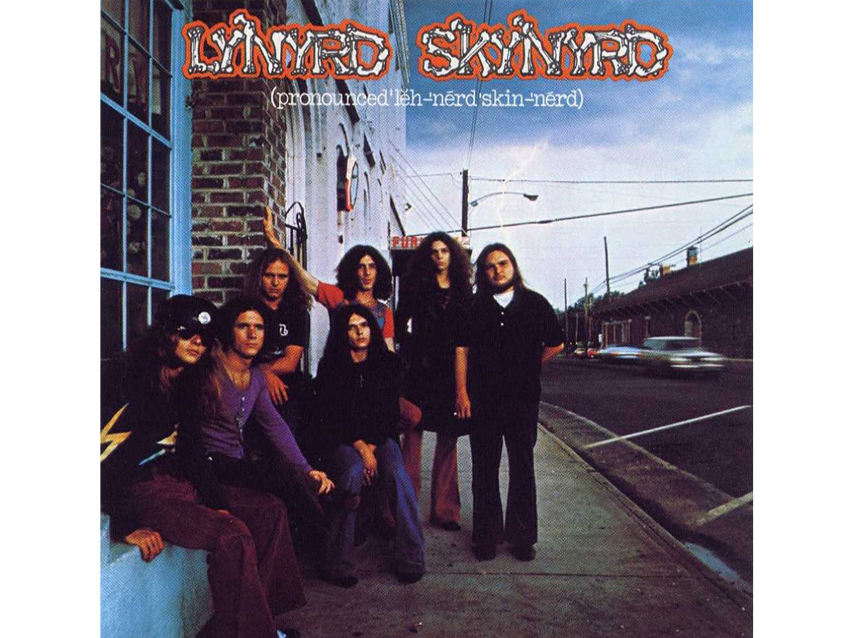
Lynyrd Skynyrd - Pronounced Leh-nerd Skin-nerd (1973)
“I went through a big Southern rock phase for a while. Again, my cousin bought me the record for Christmas. It wasn’t something that I would have picked up myself, but the minute I heard it, I was hooked. I stayed up all night listening to it till December 26th.
“The different guitar textures, the tones, the guitar styles – they were such a musical band. I just fell in love with them, and then I went to my local record shops to try to find other Southern rock records that would interest me. Sadly, nothing came close. There was the Marshall Tucker Band, and they were OK, but they weren’t the same as Skynyrd.”
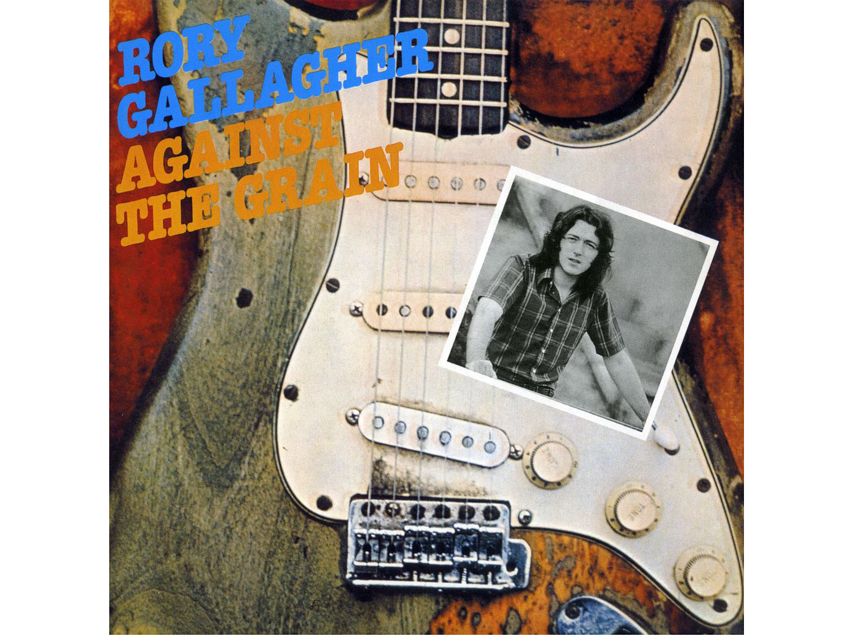
Rory Gallagher - Against The Grain (1975)
“This is a studio album that Rory did. He recorded very raw, really in-your-face style; there wasn’t a lot of production elements to his studio sound. Unlike a lot of pop music, the guitar was very prevalent in the mix.
“Essentially, it was a live in the studio recording. He’d cut a track and maybe go in and do a solo afterwards if he didn’t play the solo live, which many times he did, and then he’d record a vocal over it. So it’s a minimum of overdubs, very immediate and organic. That whole approach really appealed to me. This is a terrific record for anybody who wants to hear Rory in a studio setting.”
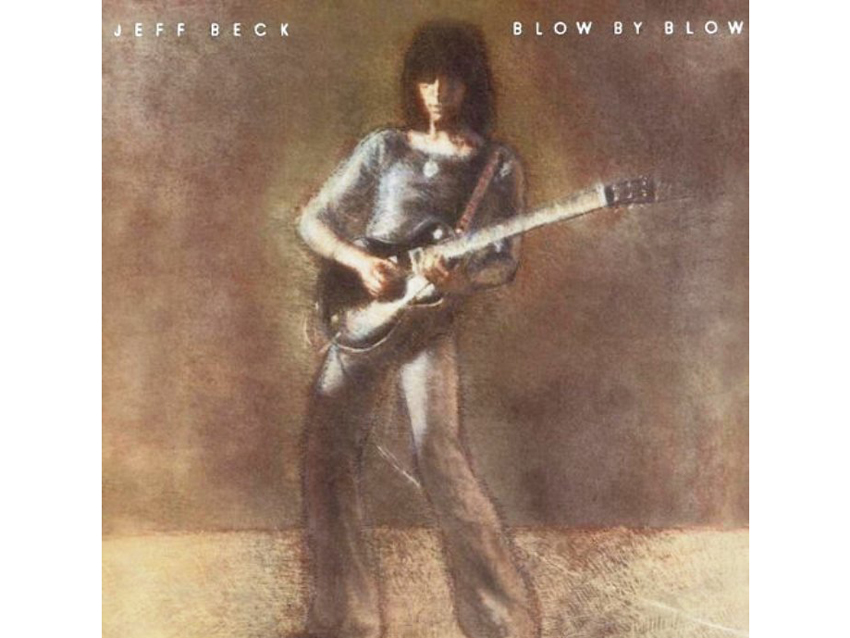
Jeff Beck - Blow By Blow (1975)
“To this day, I consider Jeff Beck to be the greatest guitar player ever. I mean, nobody comes close. Blow By Blow and Wired were really important records to me. It’s a little hard to pick which one, but I’ll go for Blow By Blow.
“The fact that it was instrumental made a big impression on me. Before Jeff, all of the greatest guitarists I listened to were in vocal bands. Jeff was the first guy who showed me that the guitar alone could be the focus of a record.
“I had heard about Jeff Beck a lot; everybody was talking about him being the ‘guitarist’s guitarist.’ So there was a lot of expectation for me going into finally hearing him. Needless to say, when I finally did listen to him, I was blown away, and not so much by the technical aspect but by his inventiveness. He just seemed to think differently than other guitar players – his head was always out of the box.”
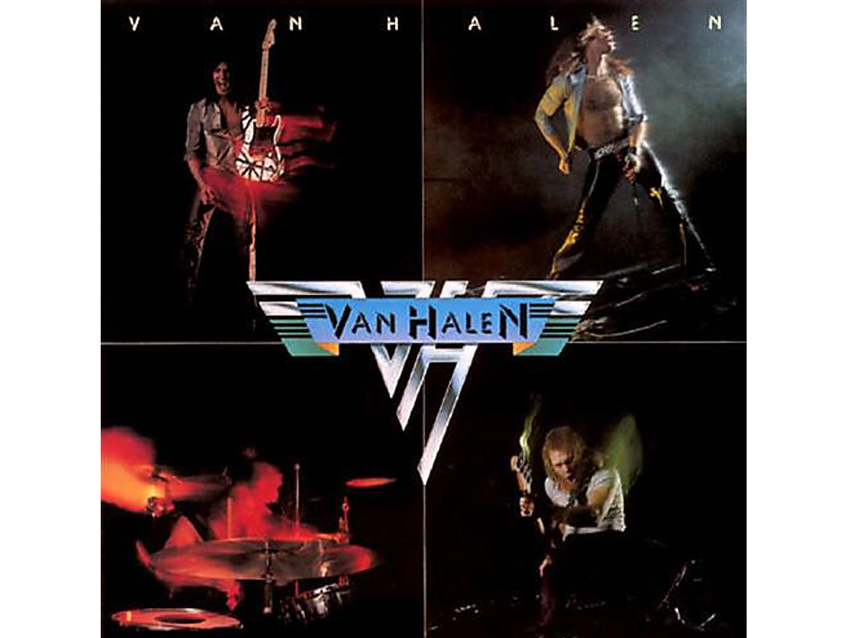
Van Halen - Van Halen (1978)
“It really was a watershed album. I remember the first time I heard it and thinking, ‘Oh, my God, how does he do that?’ Some guitarists were either super excited about Van Halen or totally depressed, like, ‘Oh, shit, I’ve gotta go back and relearn the guitar.’ I was probably a bit more of the latter.
“In Belfast in the 1970s, I didn’t know many people who played guitar. I was in my own orbit, really. After a couple of years of playing and receiving a little bit of local acclaim with Sweet Savage, I started to think, ‘OK, I’m not such a bad guitar player.’ Hearing Van Halen was my first setback, where I said, ‘All right, well, maybe I can’t play the guitar at all!’” [Laughs]
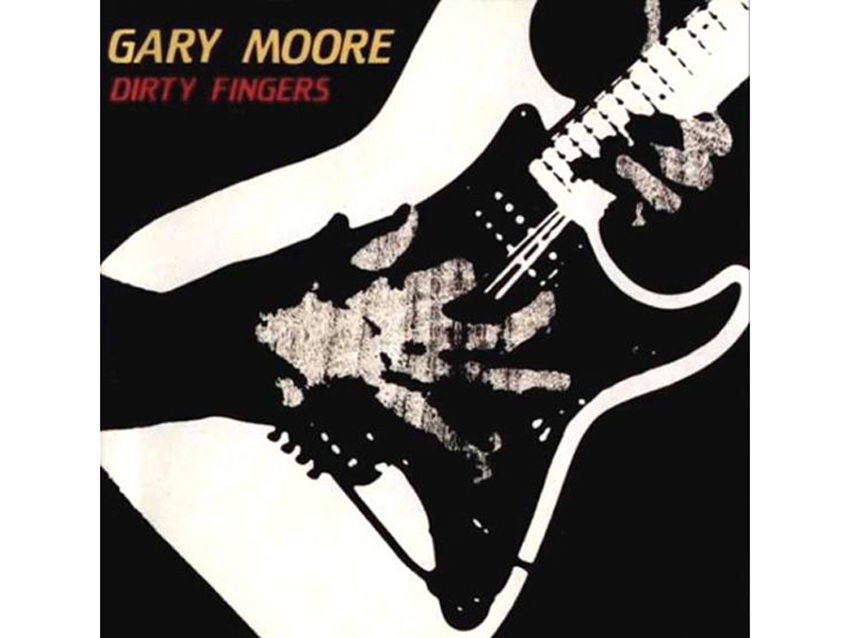
Gary Moore - Dirty Fingers (1983)
“It was never released in the UK, at least not while I was growing up. My band Sweet Savage were in the studio recording a single with the Chris Tsangarides, the producer. I mentioned to him what a big Gary Moore fan I was, and he said, ‘Oh, I just did this record with Gary.’ So he gave me a cassette of it.
“It was essentially live in the studio. You’ve got Gary, along with Tommy Alridge on drums, Don Airey on keyboards, Jimmy Bain plays bass, and Charlie Huhn is the singer. The guitar playing is fierce. It’s Gary at his absolute best, in my opinion.
“I think it was released in Japan but not in Europe at the time. Maybe people have found out about it over time. Great stuff.”
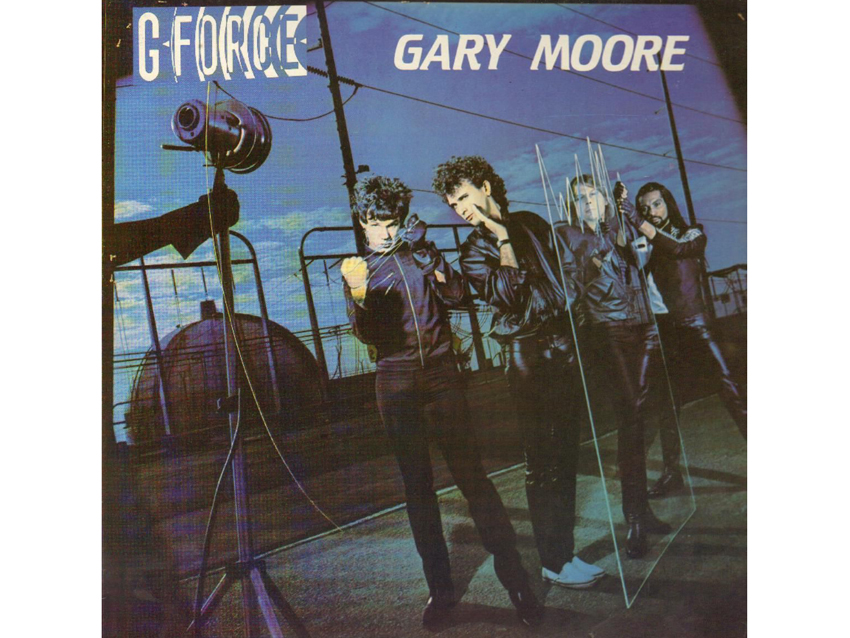
Gary Moore - G-Force (1980)
“I’ll pick another Gary Moore album, although this is more of a band album. It’s a fantastic fusion of pop sensibilities and hard rock, with a lot of great technical guitar playing.
“The way that the guitar was recorded was kind of unique. Gary went direct into the board, which gave the sound a bit of a fuzzy edge to it. I think he used some sort of overdrive and then went into the board. It wasn’t the world’s greatest guitar tone, but Gary still carried it off.
“He had also moved from a Les Paul to these newfangled Charvel guitars, you know, with the Floyd Rose wang-bar systems. Prior to this, he had been a fixed bridge player, so this added an interesting element to his approach. For fans of Gary's work, it's something well worth checking out.”
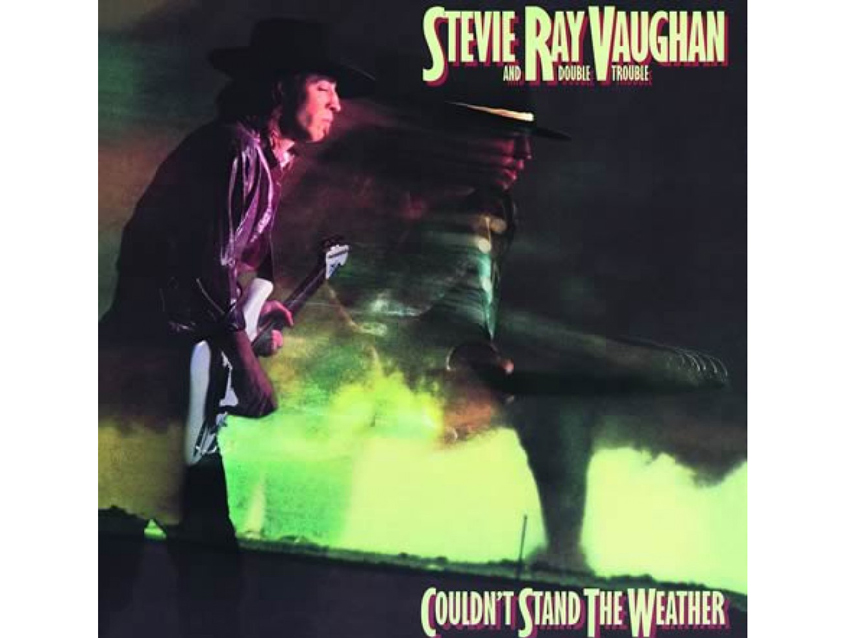
Stevie Ray Vaughan And Double Trouble - Couldn't Stand The Weather (1984)
“In later, years, I’ve discovered that I want to listen to more simplistic blues players as opposed to rock shredders. When I was 17, I wouldn’t pay much attention to David Gilmour or Muddy Waters, but now I have a great appreciation for anybody who can say a lot with a few notes.
“One player who impressed me right away was Stevie Ray Vaughan. He played with such force and passion; there was an earthiness in his sound that really appealed to me. He was bucking the trend when he came out; the scene was still dominated by the shredders, and here comes this blues purist who knocked everybody out.
“He was a man-sized guitar player, very bold and courageous. He didn’t play anything he didn’t mean. He played with big thick strings and really went at it with great intensity. There were no whammy bars or overblown effects, just hot music played with soul and force. You’ve gotta respect that.”
Joe is a freelance journalist who has, over the past few decades, interviewed hundreds of guitarists for Guitar World, Guitar Player, MusicRadar and Classic Rock. He is also a former editor of Guitar World, contributing writer for Guitar Aficionado and VP of A&R for Island Records. He’s an enthusiastic guitarist, but he’s nowhere near the likes of the people he interviews. Surprisingly, his skills are more suited to the drums. If you need a drummer for your Beatles tribute band, look him up.
